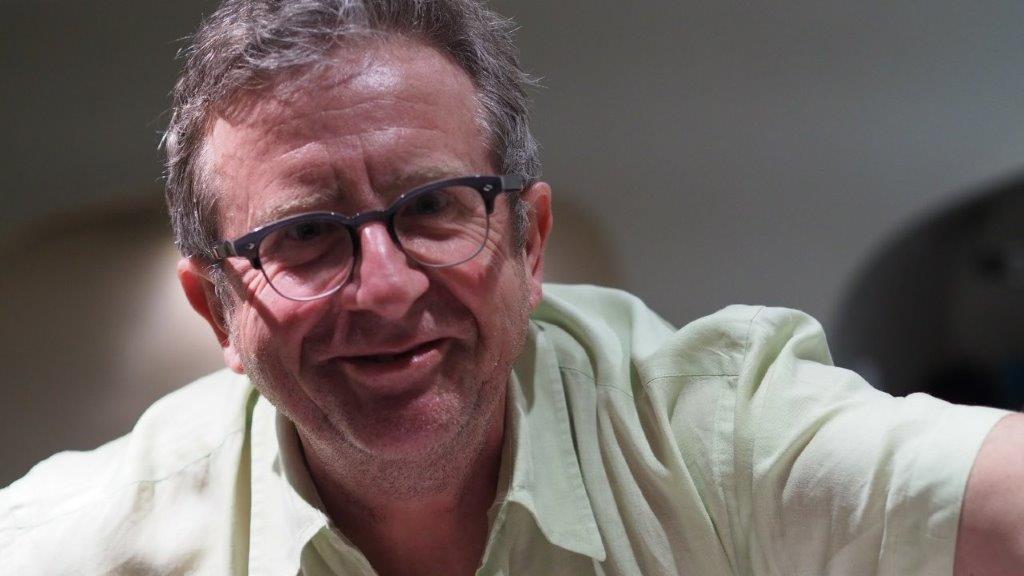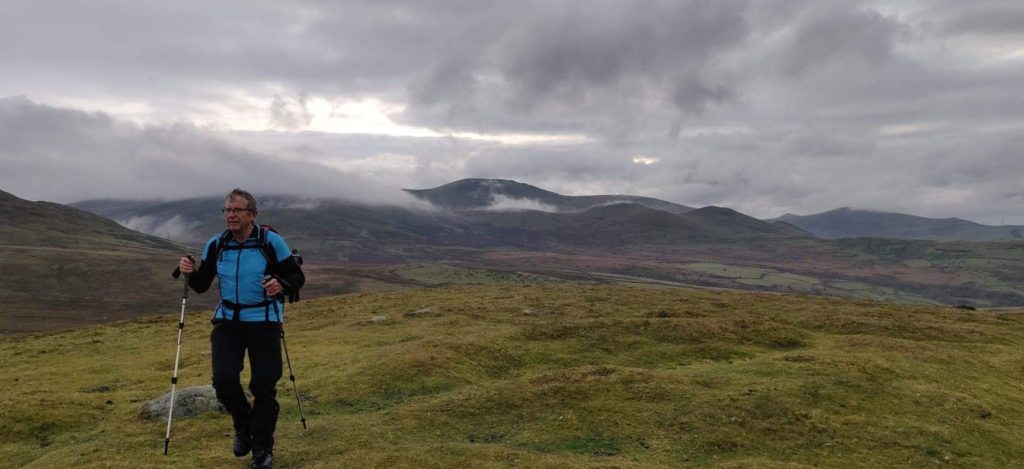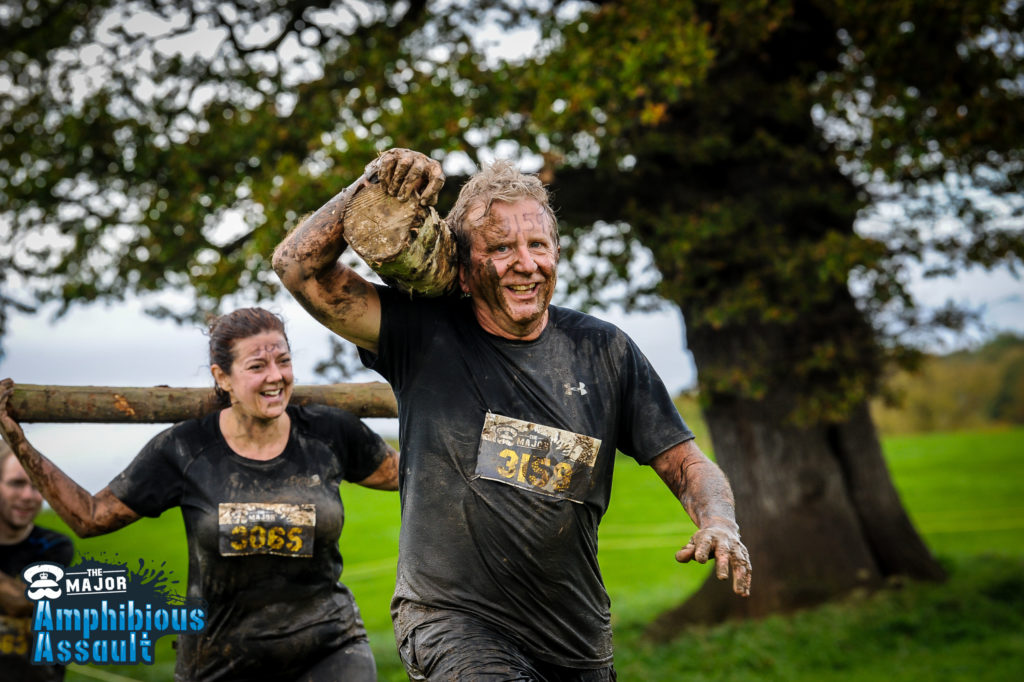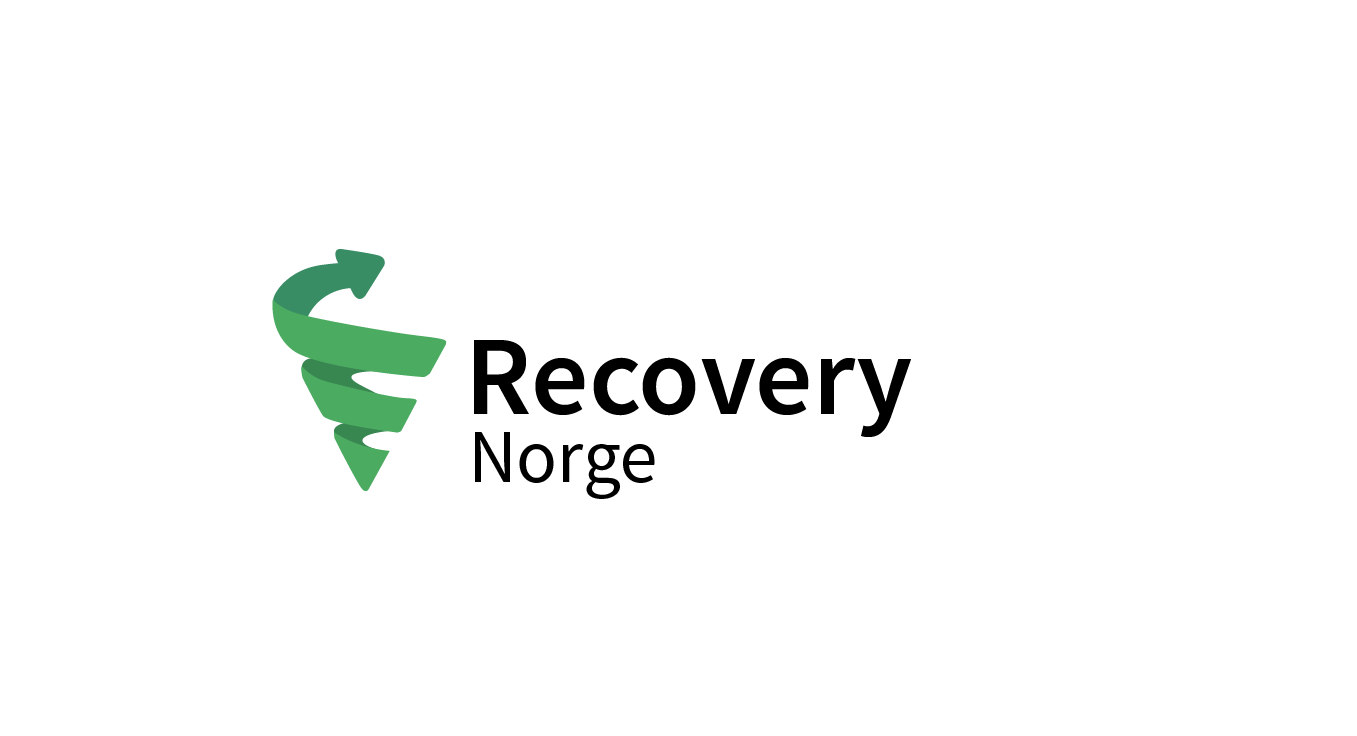Author: Paul Garner
The initial battering
In mid-March 2020, I developed covid-19. For over 9 months thereafter I went through a roller coaster of ill health, extreme emotions, and utter exhaustion. Although I was not hospitalised, it was frightening and long-lasting. The illness ebbed and flowed, but never went away. It was difficult to understand and cope with the constantly shifting, bizarre symptoms, and their unpredictable course.
It started off when I felt strange at work. I went home, and nothing much happened for a few days. Then suddenly the heaviness and malaise which rapidly worsened. I had a tightness in the chest, and realised it had to be Covid-19. I had no fever, no sore throat, no cough, just felt weird.
I was mortified that I might have infected the staff I had worked with for over 20 years. I imagined their vulnerable relatives dying and never forgiving myself. My mind was a mess. My condition deteriorated. One afternoon I suddenly developed a tachycardia, tightness in the chest, and felt so unwell I thought I was dying. My mind became foggy. I tried to google fulminating myocarditis but couldn’t navigate the screen properly. There was nothing to do. I thought if this is it, so be it.
The symptoms changed, it was like an advent calendar, every day there was a surprise, something new.
A few hours later I woke up, alive, and the tightness was replaced by extreme fatigue. Every day, day after day. Sometimes, I felt better and became optimistic; after all, the paralytic state had not recurred; but then the next day I felt as though someone had hit me around the head with a cricket bat. The illness went on and on. The symptoms changed, it was like an advent calendar, every day there was a surprise, something new. A muggy head; acutely painful calf; upset stomach; tinnitus; pins and needles; aching all over; breathlessness; dizziness; arthritis in my hands; weird sensation in the skin with synthetic materials. Gentle exercise or walking made me worse—I would feel absolutely dreadful the next day.

The roller coaster
I was googling Covid-19 and length of illness every day. The UK NHS said 14 days, perhaps 21 days: and there I was at day 28. So, I wrote about it, and sent the article off to the BMJ Blog section. I remember that thalidomide – a famous case of drug side effects in medicine – was discovered as a case series, and so I reckoned this nightmare would be worth communicating in case others were going through it – at least we were in it together! The BMJ published it and the Guardian newspaper followed it up with an interview. The Guardian interview had over 5 million hits in three days, from across the world. I had emails coming in of people who were so relieved to hear someone else had these persisting crazy symptoms. I was interviewed online by television stations. My story was one of the early reports of “long covid”-persisting symptoms after the initial infection.
It was as if I was being followed by phantom speed cameras. You don’t know the speed limit and you don’t know when the penalties will arrive
I committed to rest and recovery, but it was not easy. I held two opposite ideas in my head: the need to convalesce, and that I could truncate the recovery by pushing my limits. But it was as if I was being followed by phantom speed cameras. You don’t know the speed limit and you don’t know when the penalties will arrive. You find out that when they do, they are harsh, stopping you in your tracks for days. I have had to reframe my life practically, psychologically, and spiritually. I learnt that the “busts” can be experienced as a reprint of their entire symptom complex in the acute phase. I had fatigue, headaches, and tingling nerves as my main symptom, and that’s what comes back when I overdo it. I learnt that in convalescence after a severe assault, the body goes into protect mode, so if it isn’t getting space to recover, it shuts you down by bringing an embodied memory of the illness. I watched videos with Lorimer Moseley, a famous pain researcher, about chronic pain, trying to understand how the mind, brain and body interact, but still could not work out what was happening.
The boom/busts continued. Eventually, Peter, a friend and mentor who has phoned me every day for five months, gave a brilliant analysis that helped me crack it: “stop trying to dominate the virus; you need to accommodate it.” Peter was right. I wanted to beat it, but I was failing.
I found the UK health service advice online not very helpful, although some literature related to managing chronic fatigue syndrome and other post viral conditions helped a little. NICE guidelines from 2007 emphasise an individualised approach, and this is correct. We need people around us that listen and treat us with kindness, as we learn how to learn how to accommodate the illness. Websites and self-help apps may help, but alone are insufficient. A group of four of us formed a pacing group, we met online weekly, and support each other whenever we felt down.
The fear
By eight months I was full of fear, battered, uncertain of the future. It felt like being in an abusive relationship, I didn’t know what was happening, when I would feel better, or when I would be attacked again. I became obsessive as the months passed as I tried to avoid my symptoms. I started unconsciously monitoring signals from my body. I sought precipitating causes. I set up a spreadsheet. I recorded time asleep, at the computer, walking; what my Garmin said about stress levels and body battery; a scale I made up for my level of symptoms and how I felt. I started trying to relate this all together, but it made no sense. I hadn’t eaten cake for ages, a friend bought one round, we had a slice, they left, and I ate the rest, like a guilty child: next day the symptoms were back. Was I allergic to sugar? It all made no sense.
I became obsessive as the months passed as I tried to avoid my symptoms. I started unconsciously monitoring signals from my body
I became paralysed with fear: what if I overdid it? I retreated from life. I watched a video from the ME Groups. Someone in a white coat showed graphs about mitochondria and how these cellular bodies became damaged in ME/CFS. I believed it. My critical appraisal facilities were gone, my mind was foggy, but it seemed to be an explanation.
I started telling my friends that long covid was a metabolic disease that had damaged my mitochondria. I would lapse into tears at this point, I felt beaten by the virus and its effects, the uncertainty made me very insecure, as my medical training wasn’t helping anymore. I subscribed to Bearable, monitoring symptoms four times a day, trying to find the links to precipitating causes. It was truly like the end point of an abusive relationship: I felt broken, damaged, without hope, and not really understanding anything.
I felt broken, damaged, without hope, and not really understanding anything.
I did not see myself as depressed, but mentally low, and relapses were more common. Then an article in the well-known science journal Nature told my story and linked me personally to ME/CFS. I fulfilled the Canadian Consensus Criteria for CFS/ME. I was referred by my doctor to a CFS/ME specialist. The ME community sent me unsolicited emails about mast cell deactivation, biological causes of my illness, and told me to rest. Indeed, one person from the ME Activist Groups told me that this illness was actually “short haul”-and to prepare myself for an illness that might last the rest of my life. When I said I found their prediction patronising, their answer was, “I should have kept my mouth shut”, which simply served to say “it´s coming and sorry I tried to warn you”.

Opening the door to recovery
I knew the symptoms were real, but somehow these pure biomedical explanations felt wrong. While waiting for the appointment, I cast around my international network of medical evidence specialists for help. I was put in touch with a PhD candidate in psychology from Norway who had completely recovered from post viral fatigue syndrome (CFS/ME) years ago and offered to share the recovery story. The story was very similar: no previous illness, no psychological problems, only long-lasting debilitating symptoms after an infection. I was asked, “are you open to the idea that you can have an impact on your symptoms with your conscious mind?” I thought back to an earlier experience in my 30s with being able regulate my tinnitus after quinine, and said yes, straight away.
A vicious cycle is set up, of dysfunctional autonomic responses being stimulated by our subconscious
This opened the door that led to my recovery. I learnt that our primitive and unconscious defence mechanisms against injury and infection in the brain and other parts of the body sometimes get disturbed, giving false fatigue alarms. A vicious cycle is set up, of dysfunctional autonomic responses being stimulated by our subconscious. These neural tracks become established like tyre tracks in mud. I learnt that I could change the symptoms I was experiencing with my brain, by retraining the bodily reactions with my conscious thoughts, feelings, and behaviour. Over the following weeks, with support, I learnt how to do this.
I suddenly believed I would recover completely. I stopped my constant monitoring of symptoms. I avoided reading stories about illness and discussing symptoms, research or treatments by dropping off the Facebook groups with other patients. I spent time seeking joy, happiness, humour, laughter, and overcame my fear of exercise. I started slowly with some graded physical activity on a bicycle. Within two weeks I surprised myself with an hour of Military Fitness training in Sefton Park with my friends. I was overjoyed, with all the great memories of running around the park with my friends. I began to build back my strength.
I suddenly believed I would recover completely. I stopped my constant monitoring of symptoms. I avoided reading stories about illness and discussing symptoms
After a couple of months, my recovery was tested. I developed acute dengue fever while on holiday. The acute illness settled, I returned home, but multiple stresses meant the chronic fatigue symptoms recurred: the muggy headaches, aching muscles, and severe exhaustion. Indeed, looking back it was the phone call from the general practitioner saying my liver enzymes were raised but this was to be expected after dengue. Yes, but…. and I started catastrophizing, thinking Covid-19 and dengue had actually caused damage. With a little nudge from my helper, I realised this creeping belief was making me insecure and hence the echoing symptoms, so was on alert. One afternoon, I felt as though I had been drugged, and felt so heavy I thought I could not raise my arms from the bed. I knew the symptoms were real, but I needed to distract my brain from them. “It’s only a feeling”, I kept saying to myself. Then I said, let’s do it: I will either die or recover, so I got out of bed, had a shower and a coffee, and went to Sefton Park to join a military fitness session. It was fabulous, and the exercise pushed the aches and fatigue aside, frog leaps and sprawls on frozen grass in the dark. I slept well and felt better the following day. I was back on track. Our nervous system has been out of kilter for months, and the reset takes a time.

Reflecting on life
I am now well. I sometimes feel tired if I overdo it, but that’s normal for everyone! Before Covid-19 at work after 9 hours and still not finished I might nap on the floor – I remember warning people I work with so they didn’t think I had collapsed.
I have learnt so much. I became well by listening to someone who had recovered from ME/CFS. I learnt about how kindness and hope are powerful therapies. I was right about thalidomide-case studies do help in medicine. The understanding of the mind-body axis has been extraordinary. As a friend who has recovered from ME/CFS by changing her world view and using cognitive approaches said, “the revelation is mind blowing”. I thought I knew plenty. I should: as a Professor working in public health, specialising in epidemiology in infectious diseases, with clinical experience treating malaria, dengue, yaws, filariasis, scabies, TB, and tropical bacterial infections. But I did not. I have reflected on my own illnesses abroad, with malaria, CMV, EBV and dengue fever-some with months of fatigue in the convalescent phase. I thought I had been through it all. Yet here I was, part of the discovery of a “new condition”. Luckily, my Cochrane training led me rapidly to look back at other viral infections-and to see these patterns were not new. As I did so, and found my path to recovery, I drifted apart from the other doctors in Long Covid demanding attention for their new disease.
Feeling insecure, or suddenly regressing back to the virus having damaged the body, simply brought back the symptoms. Once I had put these thoughts aside, I was back on top.
I know the symptoms are real. I believe the symptoms were the result of the brain body regulatory systems being dysregulated from being on high alert for too long; and I believe that what I thought, what my expectations are, and how I managed myself with my thoughts, my activities, my conversations, all influenced my symptoms. Feeling insecure, or suddenly regressing back to the virus having damaged the body, simply brought back the symptoms. Once I had put these thoughts aside, I was back on top. Having some agency over the symptoms helped me recover. It’s messy, it takes time and patience, and you need to keep your eye on the goal.
People’s paths are varied. What is critical is to set aside that this illness is entirely biomedical – that the symptoms you experience are the result of pathological disease process in the tissues. There may be biomedical consequences, and the symptoms are real, but you as a person and your belief in the mind-body connection are key to recovery.
I have learned much from this experience. I have been lucky with the people I have met as a result of writing this story that helped me find the path to recovery. I have learnt with this condition people get better from hope, kindness and love, not fear and catastrophe. The weird thing is, I actually thought I was dying in March 2020. And now I am not afraid of death.
Paul Garner has written several blogs and articles about his recovery and given several interviews. Here are some of them:
BMJ Opinion article: 25 Jan 2021
BMJ Opinion article: 29 Sept 2020
BMJ Opinion article: 4 Sept 2020
BMJ Opinion article: 23 June 2020
BMJ Opinion article : 19 May 2020
BMJ Opinion article : 5 May 2020
Anamnesis: how changing my beliefs about my symptoms led to my recovery from long covid
Newsnight on long covid (from 30 mins).
Experiences with the post-covid syndrome, convalescence and recovery (collection).
